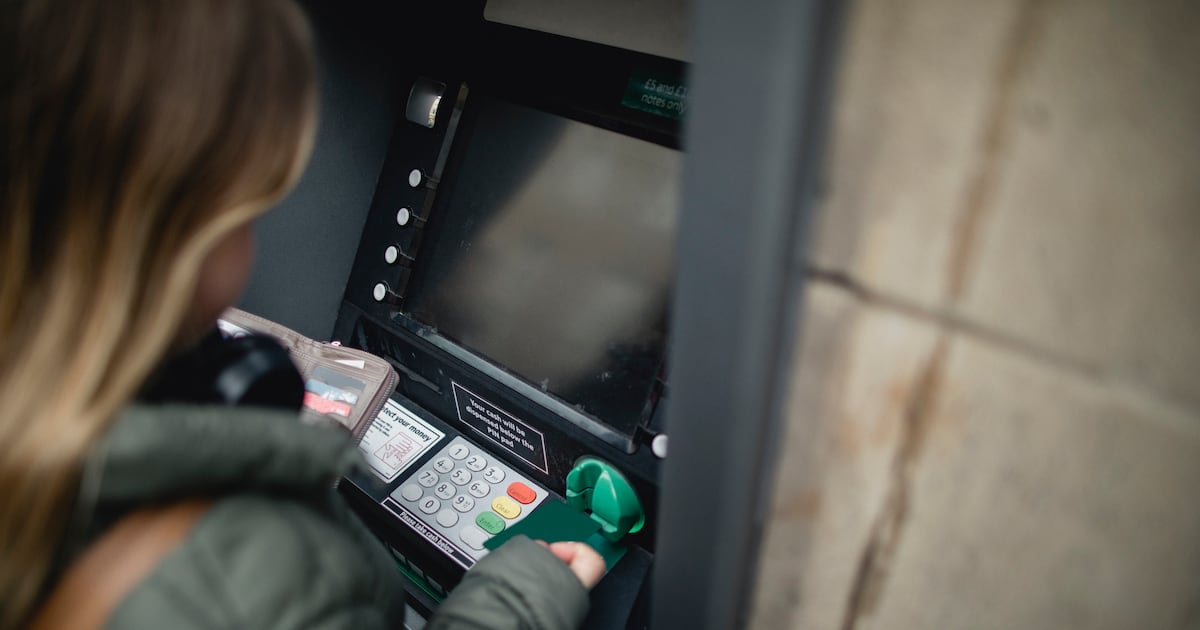Discretionary income among the north’s lowest earning households has fallen by 43% since the first quarter of 2021, a new study from the Consumer Council suggests.
The latest quarterly household expenditure tracker from the watchdog found that after paying for essentials, the lowest earning households had just £36.65 per week to spend in the final quarter of 2023.
According to the research, developed from data compiled by Grant Thornton, households in the ‘first quartile’ spent 52% of their total basic income on food, rent, energy, and transport during the final three months of last year.
Northern Ireland households in that bracket had 8% less income before tax than the UK average, the Consumer Council said.


However, the study suggests the worst of the cost-of-living crisis has passed for many households.
The Northern Ireland Household Expenditure Tracker for Q4 2023 said the discretionary income for the lowest earners rose by 17.1% between the third and fourth quarters of last year to from £31.31 to £36.65 per week.
The £36.65 for discretionary spending was 89.2% higher than Q4 2022, according to the tracker.
The Consumer Council said the ability of households in the north to absorb unexpected bills or price rises differs sharply depending on household income.
The north’s highest earning households have on average around 18 times more discretionary income left to spend every week compared to the lowest earning households.
But the spending power even among the top earning households in Q4 2023 was still 8.4% down on Q1 2021.
“The lowest earning 50% have seen the least recovery in terms of cash remaining after paying for basics,” said Anne-Marie Murphy, director of strategy and emerging markets at the Consumer Council.
“We know that 90% of consumers in Northern Ireland are concerned about the rising cost of basics which refers to everyday living essentials such as housing, energy, food, transport and telephone/mobile and broadband costs.
“Food also continues to form a disproportionate share of the lowest earning households’ spending, compared to higher earning households. Food is 22% of their weekly essential spending. For the highest earning households, it is 15%.
“This expanded Household Expenditure Tracker considers all Northern Ireland households and also shows that half of those households have on average less than £90 per week after all essential bills are paid.
“Given the volatile prices of food, fuel and electricity over the last two years, it is worrying how little money many families have to cover unexpected bills or price rises,” she added.

